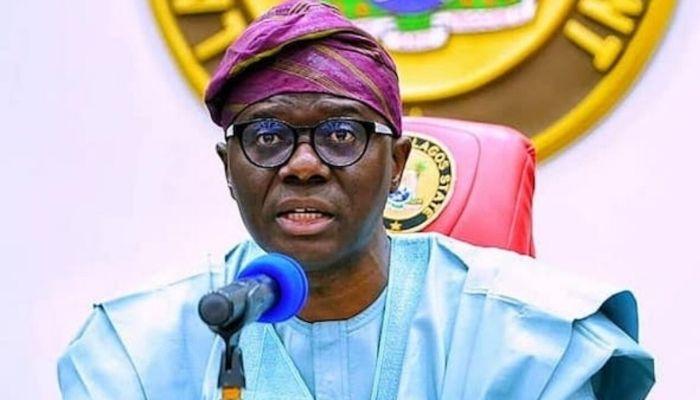In a commendable achievement, the administration of Governor Babajide Sanwo-Olu has successfully completed 19 previously abandoned housing schemes.
This remarkable feat has earned the Housing Commissioner the prestigious Housing Commissioner of the Year award, not for the first time.
The Housing Ministry’s innovative strategies and commitment to serving low-income earners have been pivotal in this recognition.

Despite not being an engineer, the Commissioner, an administrator, and a chartered secretary, took on the housing challenge with determination. Upon assuming office, the Commissioner observed that the real estate sector predominantly catered to high-income earners, neglecting the needs of low-income individuals. Many estates were left abandoned, while development focused on high-end areas like Oniru and Lekki, forcing low-income earners to relocate to neighboring Ogun State.
READ ALSO: Federal Government Urges FMBN and FHA to Innovate for Better Housing Delivery
Governor Sanwo-Olu’s directive was clear: no new projects until all abandoned ones were completed. This strategic shift led to a targeted approach, addressing one project at a time. The Rent-to-Own programme was revitalized to make housing more accessible. Originally, homebuyers had to pay 30% upfront and complete payments over ten years. However, recognizing the affordability issues, the payment structure was adjusted to a 5% down payment, followed by payments over ten years at a 6% interest rate, specifically for first-time buyers. This initiative aimed to bring new individuals into the housing market.
The Ministry has successfully delivered approximately 1,000 housing units in Ipaja and completed 19 abandoned housing schemes across various locations. These efforts have provided affordable housing options to many residents. For example, the Lateef Kayode Jakande (LKJ) Gardens in Igando was priced between N10 and N15 million, with 75% of units allocated for Rent-to-Own and 25% for outright sales. Similarly, three-bedroom units in Igbogbo were priced at N8 million, and one-bedroom units at N3.5 million.
READ ALSO: FMBN Expands Housing Loan Portfolio to Include Informal Sector
Affordability is a core principle, with the Ministry continually seeking ways to ensure that those without substantial financial capacity can still access housing. Discussions about new technologies and financing methods are ongoing, aiming to sustain affordability. The Ministry has partnered with financial institutions like Access Bank and Federal Mortgage Bank to finance new projects, including 1,000 units in Ipaja and 800 in Ikorodu.
Despite the rising cost of construction, the administration strives to maintain a livable environment for all. This includes matching the quality of housing in areas like Ibeshe, Igbogbo, and LKJ Gardens with those in higher-end locations like Iponri and Lekki. The price disparities reflect the administration’s commitment to providing quality housing at affordable rates for low-income earners while allowing the Lagos State Development and Property Corporation (LSDPC) to focus on high-net-worth individuals.
The Commissioner emphasized the importance of ensuring that housing reaches those who genuinely need it, implementing mechanisms like the Lagos Mortgage Board to verify applicants’ residency, income, and financial stability. To combat fraudulent practices and ensure fairness, housing acquired through the Rent-to-Own programme cannot be sold until after ten years.
Addressing the land acquisition challenge, the Ministry is focusing on vertical development, moving towards areas like Badagry, Agbowa, and Epe. The administration is also tackling issues with land grabbers, ensuring proper documentation and strategic planning to prevent illegal settlements.
The Ministry has digitized its processes, making land registration and documentation more efficient. Lagos State has mapped every inch of its land, enabling prospective buyers to verify the status of their land and avoid illegal acquisitions.
Collaboration with the Federal Housing Authority and other entities is ongoing to address the housing deficit. The Ministry is working with private sector funds and federal initiatives to develop new housing schemes, ensuring affordable options for low-income earners. Despite financial challenges and rising construction costs, the administration remains committed to expanding housing accessibility.
Governor Sanwo-Olu’s administration continues to navigate the complexities of Lagos’s housing market, striving to provide affordable and quality housing for its ever-growing population.



